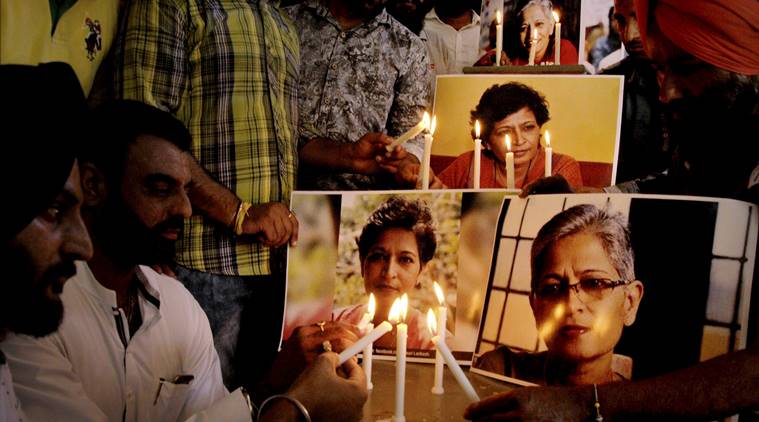Crimean Tatar leader sentenced to prison
Crimean Tatar leader Ilmi Umerov was convicted by Russian-appointed judges on spurious "separatism" charges, and sentenced to two years. Human Rights Watch called his sentencing "ruthless retaliation" for his opposition to Moscow's annexation of Crimea and suspension of the Tatars' autonomous government.



